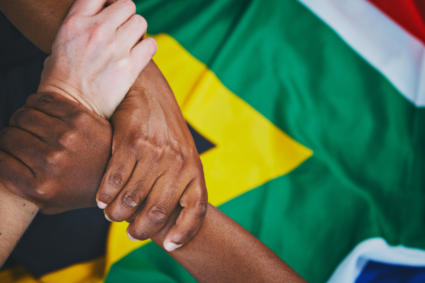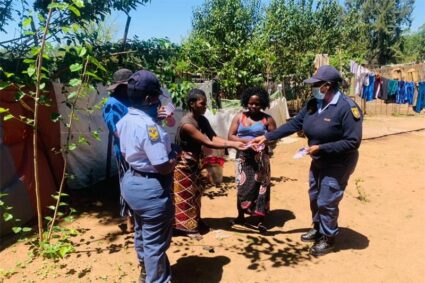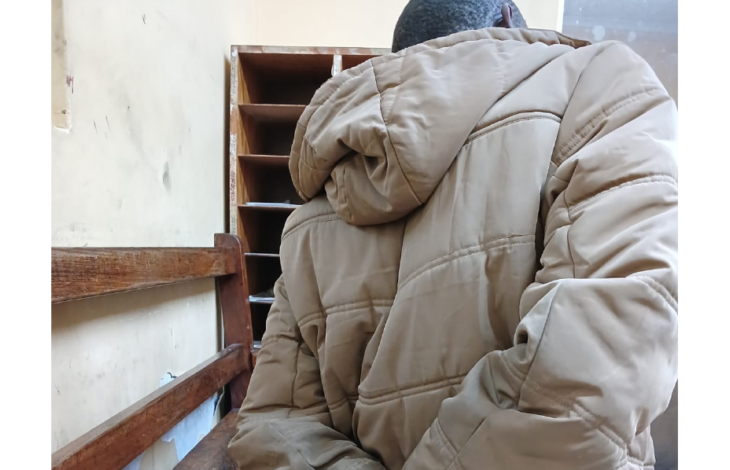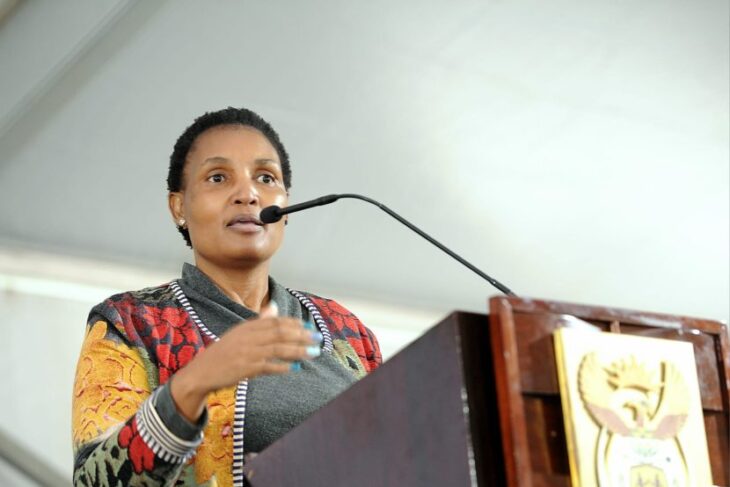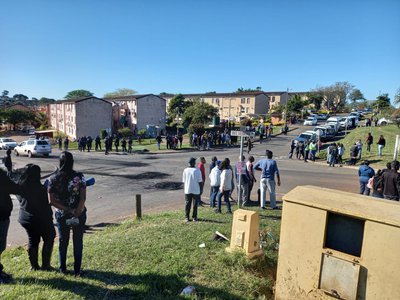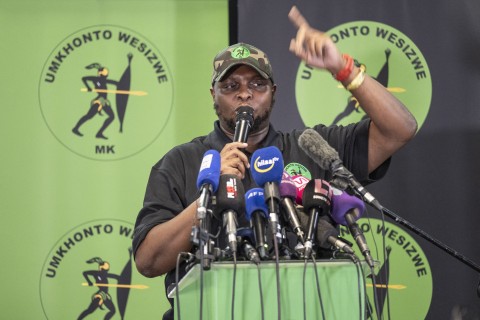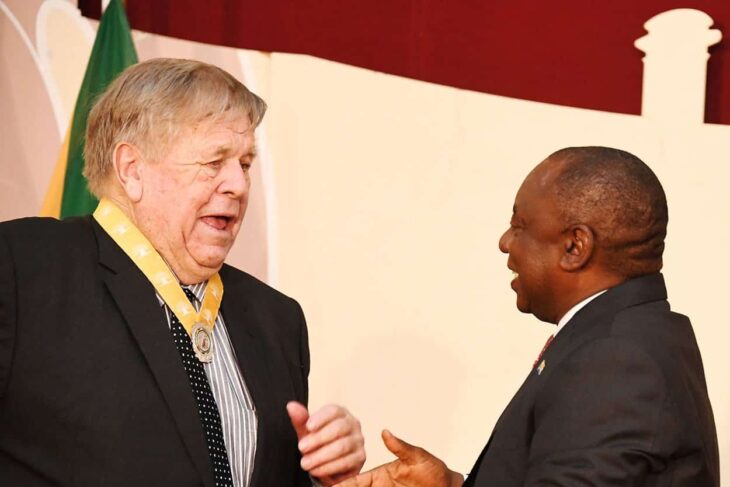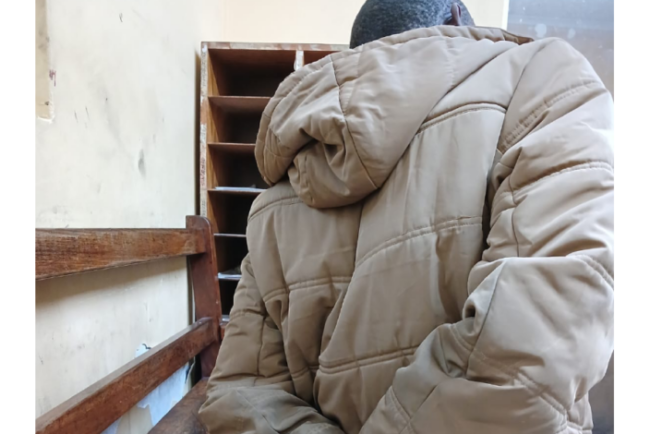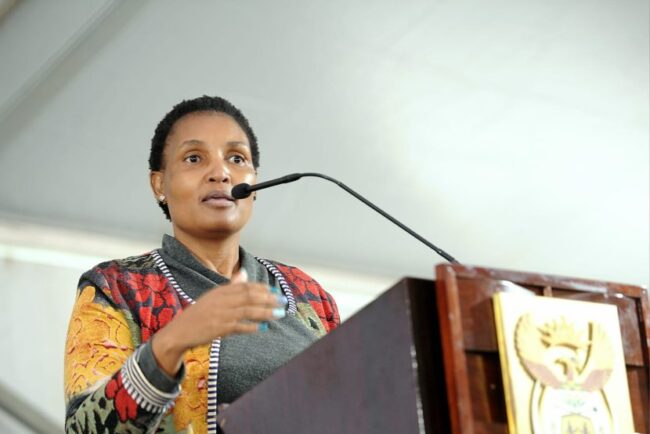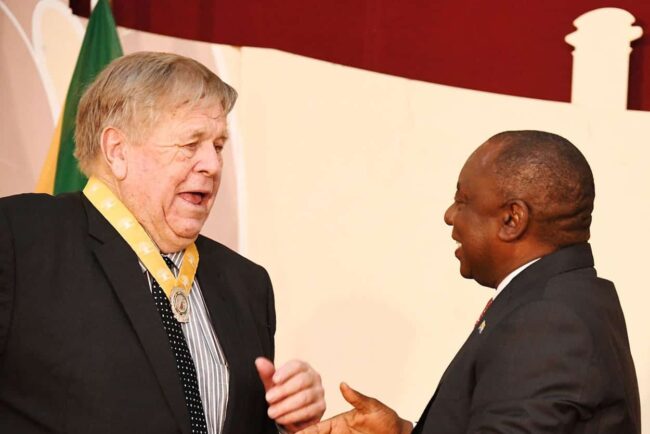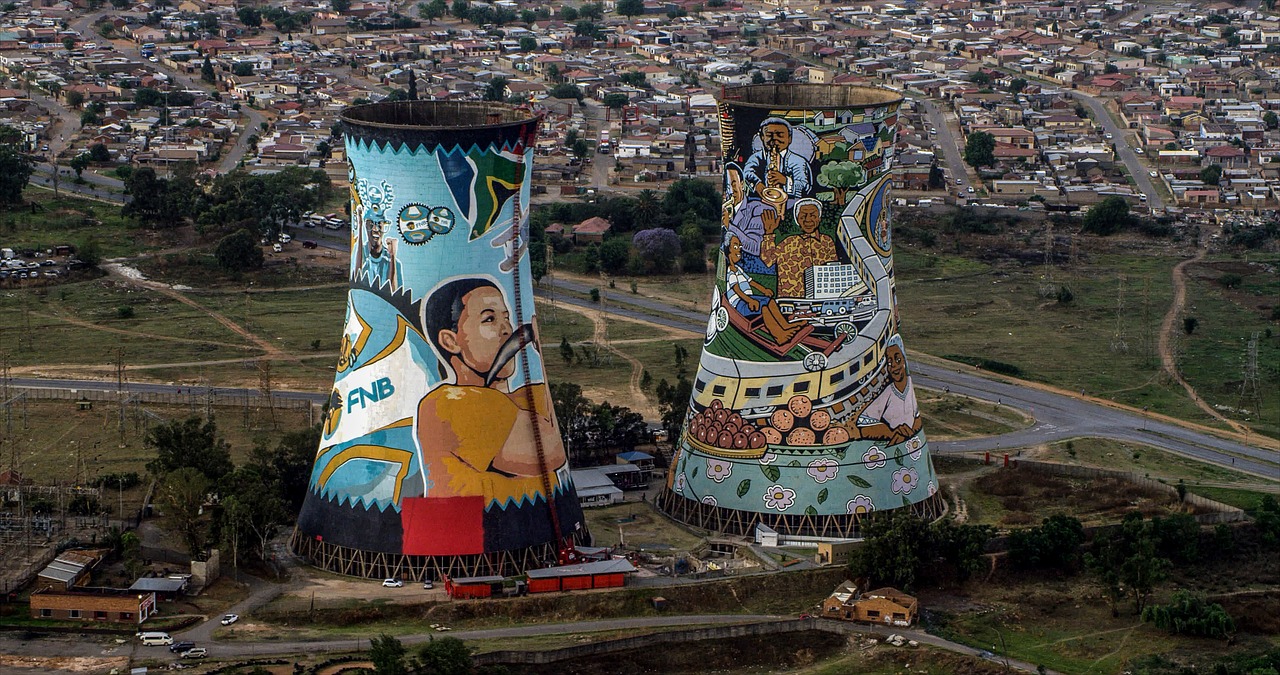
Mr Gwamanda Mayor didn’t feel safe being the leader of Johannesburg as he thinks that being black, people feel like you are not trust worth.
Johannesburg Mayor Gwamanda has voiced his concerns over what he perceives as targeted scrutiny and criticism directed at him, attributing these actions to his identity as a black man from Soweto. In recent statements, Gwamanda has pointed out that his background and origins are being used against him in the political arena, suggesting a deeper, more insidious form of discrimination at play.
Mayor, who hails from the historic township of Soweto, has long been an advocate for the underrepresented and marginalized communities within Johannesburg. Soweto, a symbol of the anti-apartheid struggle, is known for its vibrant culture and resilient spirit, but also for the socio-economic challenges that many of its residents continue to face. He rise to the mayoral position has been seen by many as a beacon of hope for these communities, a representation of their potential to overcome systemic barriers and achieve significant leadership roles.
However, Gwamanda asserts that his ascent has not been without significant hurdles. He contends that there is a persistent bias within certain sectors of society and politics that seeks to undermine individuals from historically disadvantaged backgrounds. This bias, he argues, manifests in disproportionate scrutiny and criticism, often veiled as legitimate political discourse but rooted in prejudice.
In his recent speeches and public addresses, Gwamanda has highlighted several instances where he feels his actions and decisions as mayor have been unfairly questioned and scrutinized. He believes that these actions are not merely coincidental but are indicative of a broader issue of racial and socio-economic bias. According to Gwamanda, his policies and initiatives, which are aimed at uplifting underprivileged areas and promoting equitable development, have been met with resistance from those who benefit from the status quo.
Gwamanda’s claims have sparked a heated debate among political commentators, analysts, and the general public. Some support his assertions, recognizing the pervasive issues of racial and economic inequality that still linger in post-apartheid South Africa. They argue that Gwamanda’s experiences are reflective of the broader struggles faced by many black South Africans, especially those from impoverished backgrounds, who continue to battle against systemic obstacles.
Conversely, critics argue that Gwamanda’s accusations of targeted attacks could be a deflection from legitimate critiques of his administration’s performance. They contend that holding public officials accountable is a fundamental aspect of a functioning democracy, regardless of their background. Critics insist that it is important to differentiate between genuine accountability and what Gwamanda describes as biased targeting.
As the debate continues, Mayor Gwamanda remains steadfast in his commitment to addressing the issues facing Johannesburg’s most vulnerable communities. He vows to persist in his efforts to bring about meaningful change, despite what he perceives as attempts to undermine his leadership. For Gwamanda, the fight is not just about his mayoralty but about challenging and dismantling the systemic inequalities that still pervade South African society.




![People who uses E-Hailing [Uber , Bolt] and the others for transportation are facing tough times in some areas of Johannesburg.](https://journalsandposts.co.za/wp-content/uploads/2024/08/jabu-425x283.jpg)
